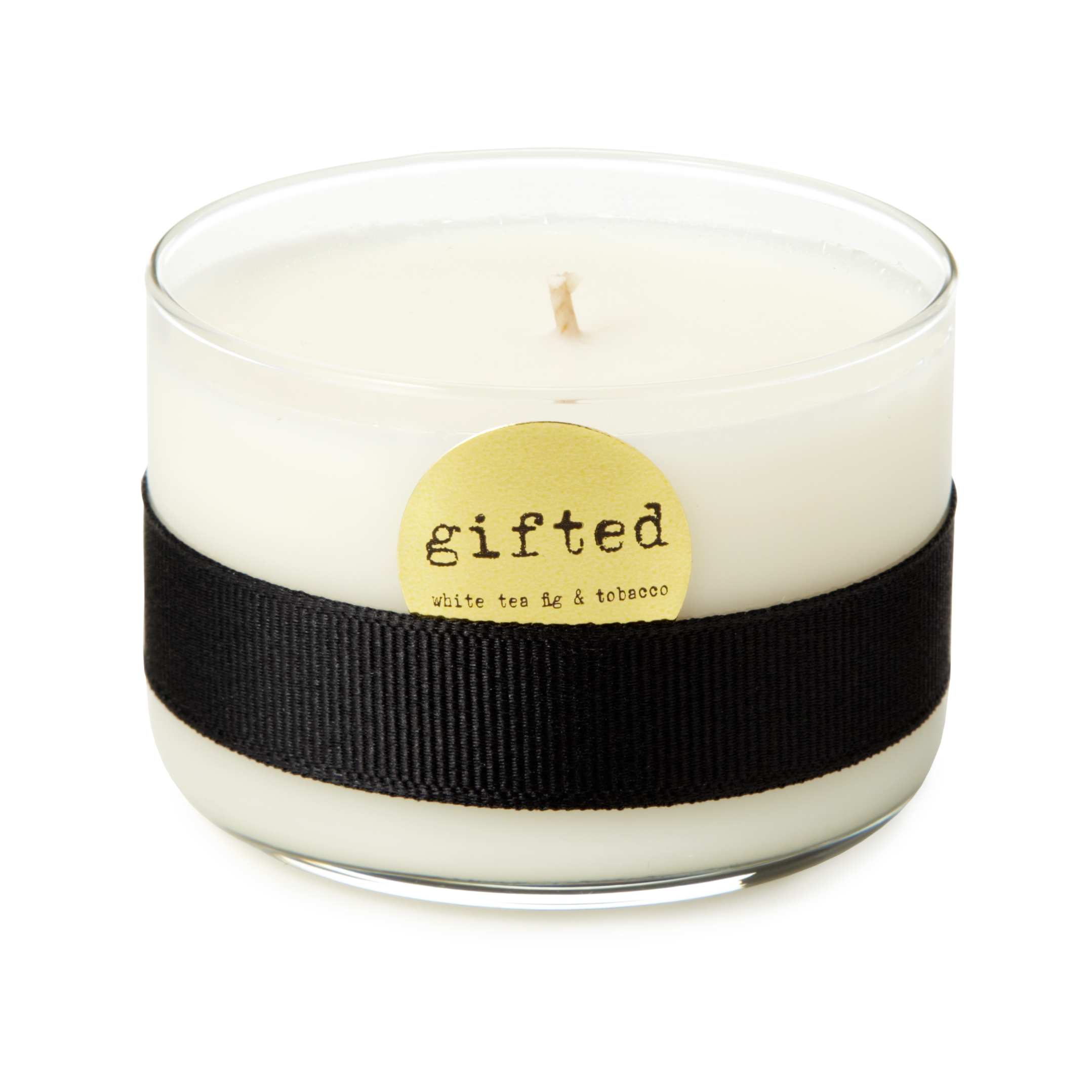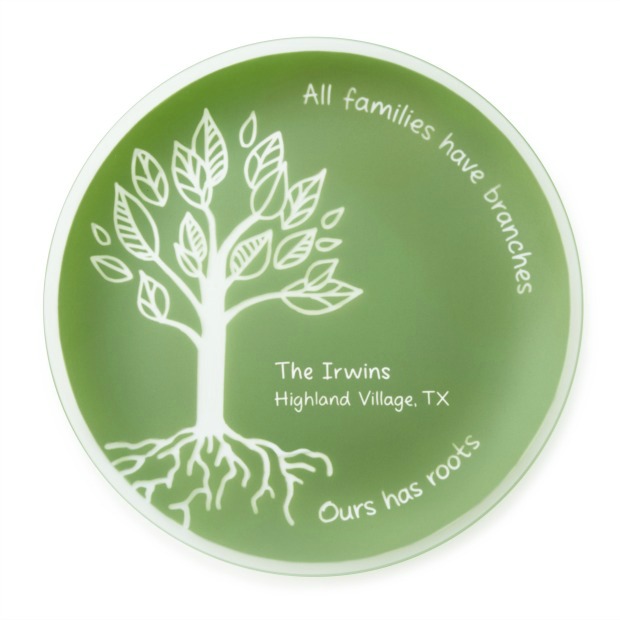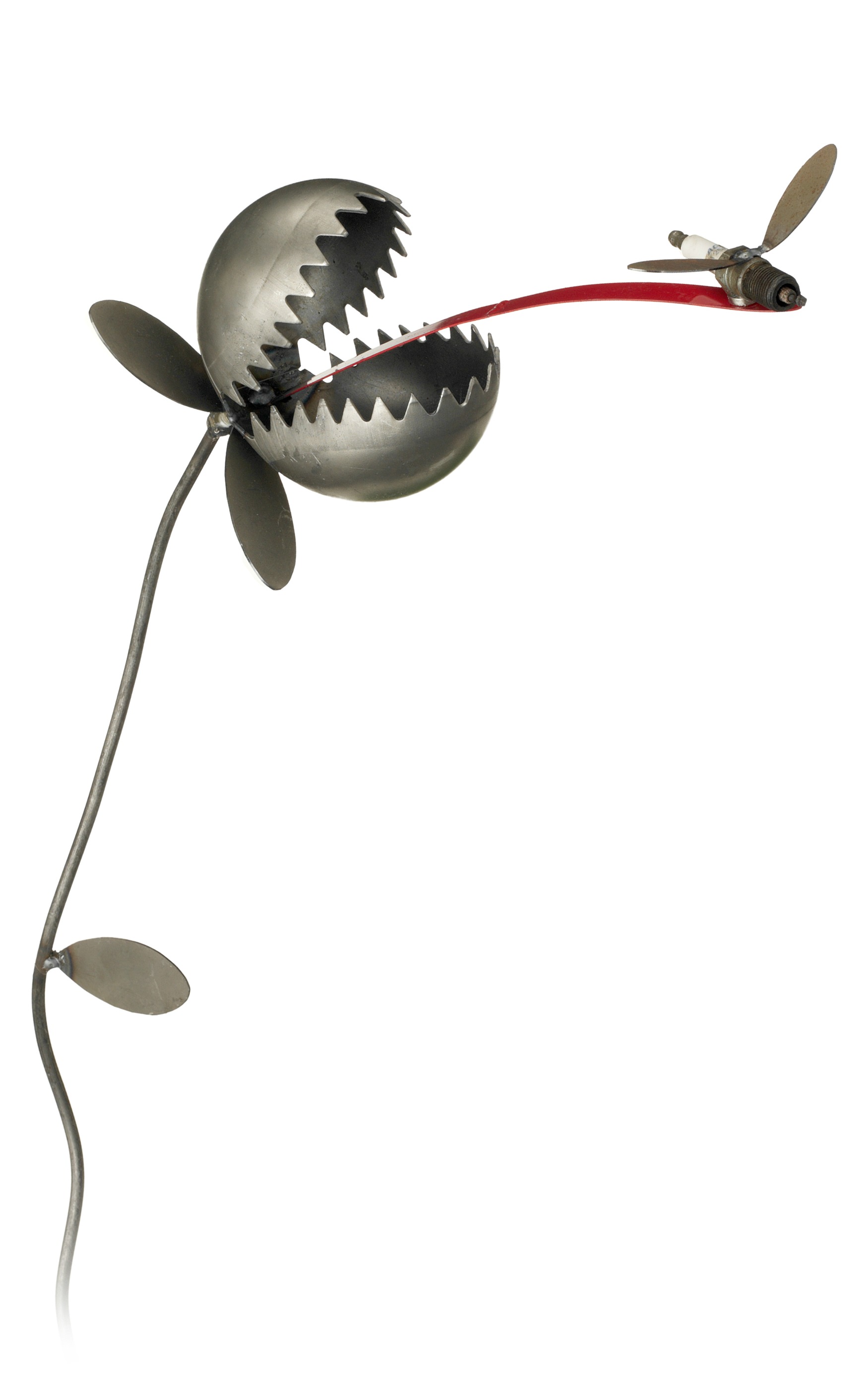From mac and cheese to pad thai, everyone has their go-to comfort food. Or do they? In a recently published study, Shira Gabriel, an associate professor of psychology at SUNY Buffalo, ran a pair of experiments to see what determines a person’s comfort food cravings—and to see if there was a social aspect to it all. Turns out, our ability to form strong, healthy bonds has a lot to do with it. Volunteers were first asked about their attachment style with family and friends, then split up into two groups. One group was asked to relive a conflict they’d had with a loved one and then were given potato chips (sign us up for this study!) Once they were eating the chips, the individuals who had described themselves as more heavily bonded and had described a conflict found the snacks significantly tastier than the attached individuals who were not asked to relive an argument. On the other hand, there was no significant difference in snack enjoyment between the less attached people who relived an argument and the ones who didn’t. Now pass us the grilled cheese and tomato soup, please.








